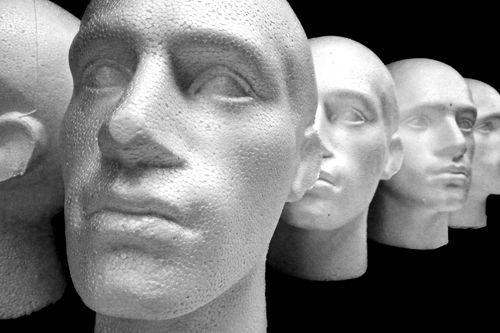Autism Ability To Remember Faces Tied To Oxytocin ‘Love’ Gene

Knowing how to recognize a face is essential to every friendship and family bond that a person will make. But if it is so vital, why do some people excel at it, while others struggle to remember acquaintances? New autism research points to a single gene mutation as the major culprit behind facial forgetfulness.
The aberrant gene in question was the oxytocin receptor, a protein that coats certain brain cells and is designed to respond to oxytocin, the love hormone.
So-called because of its manifold influence on human intimacy, oxytocin and its receptor govern social behaviors ranging from maternal bonding to sexual arousal.
Prior work from the same researchers uncovered that mutating the oxytocin receptor in rats prevented them from using odors to recognize each other.
"This led us to pursue more information about facial recognition and the implications for disorders in which social information processing is disrupted," said co-author and psychiatrist Dr. Larry Young of Emory University. The report was published Monday in the Proceedings of the National Academy of Sciences.
Dr. Young teamed with geneticists at the University College London, UK, and the University of Tampere, Finland, to examine the genomes of 200 children with high-functioning autism from the two European nations.
Autism patients often cannot recall the faces of loved ones, but even within this group, some kids were better at facial recognition tests than others. This allowed the researchers to compare facial memory with genetic patterns.
The scientists screened family members, too, and found that non-autistic relatives with the oxytocin receptor mutation had trouble with facial recognition.
They argue that anomalies in the oxytocin receptor gene may explain why some people can remember every face they see, while others forget their family members, but further research is needed.
The study also concludes that this mutation only accounts for 10 percent of this ability, meaning there are many more genes playing a role.
“There is a need to conduct further studies in the general population to determine whether our finding is generalizable,” wrote the authors. “Nevertheless, in a large sample of diverse ages and abilities, chosen because their face memory is generally weak, we have demonstrated a modest but significant influence of this gene.”
Source: Skuse DH, Lori A, Cubells JF et al. Common polymorphism in the oxytocin receptor gene (OXTR) is associated with human social recognition skills. PNAS. 2013.



























